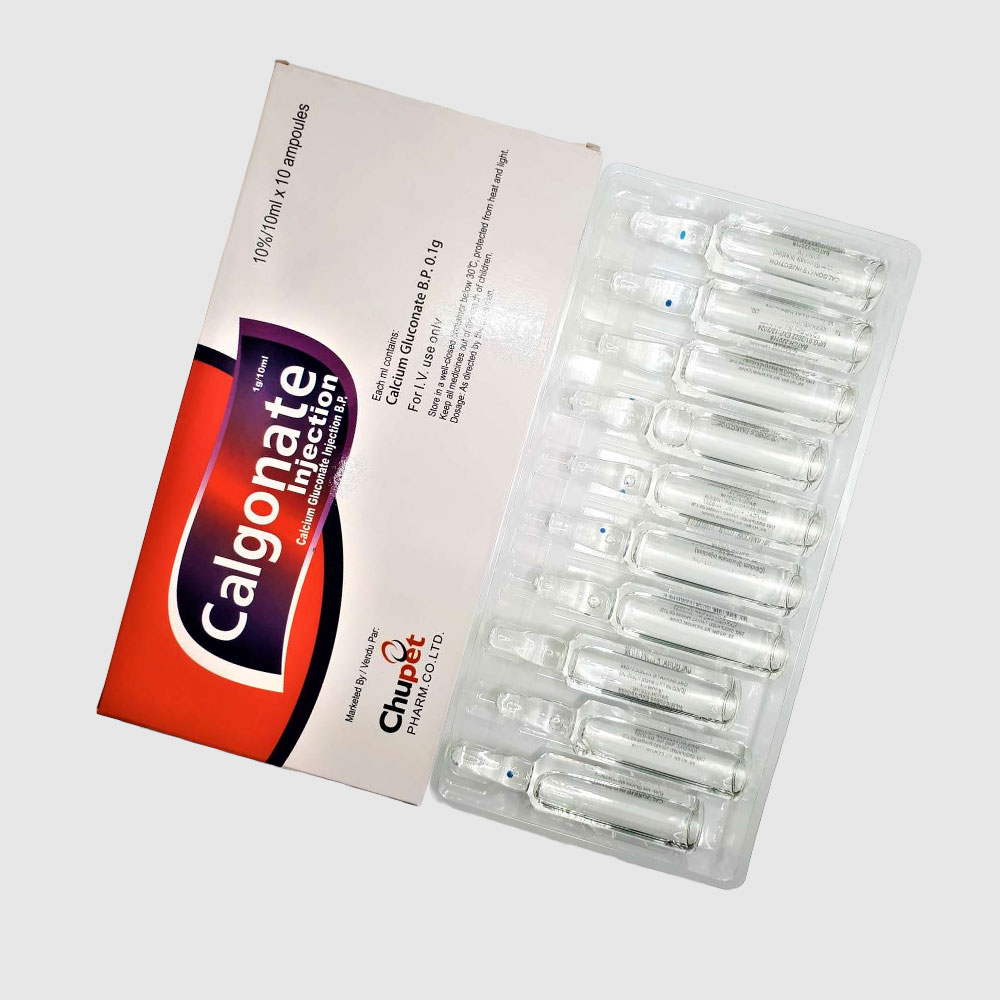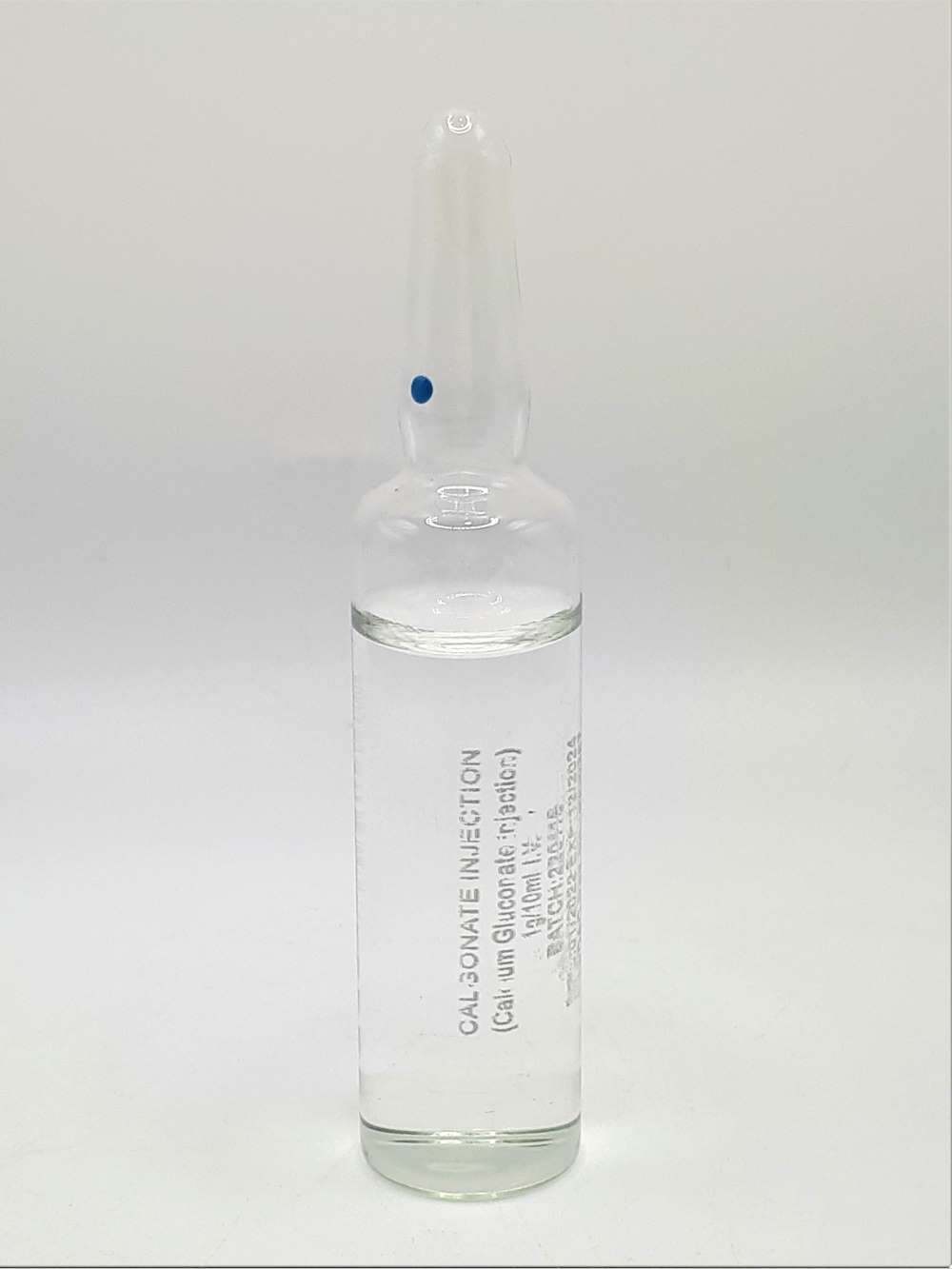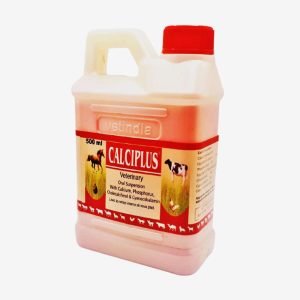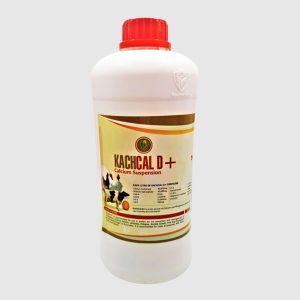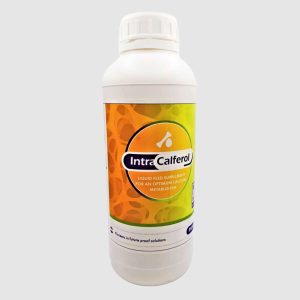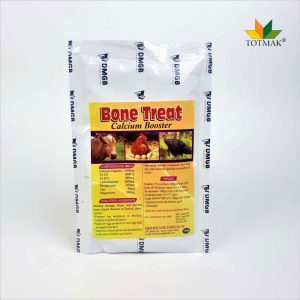CALGONATE INJECTION
₦80.00 – ₦800.00
Calgonate Injection can be used to treat tetany caused by therapeutic calcium, acute hypocalcemia, alkalosis and hypoparathyroidism, allergic diseases, magnesium poisoning, fluorosis, cardiac resuscitation (abnormal cardiac function caused by hyperkalemia, hypocalcemia or calcium channel blocking).
PHARMACOLOGY(Mineral Supplement)
Calcium can maintain the normal excitability of the nervous and muscular systems, and promote the secretion of acetylcholine by nerve endings. When the serum calcium level declines, the normal excitability of nervous and muscular systems can be increased, but if the serum calcium level is high, excitability is declined. Calcium ions can change the cell membrane permeability, increase capillary compactness, decrease exudation, and have an anti-allergic function. Calcium ions can promote skeletal and teeth calcification. Calcium ions can promote skeletal and teeth calcification. High concentrations of calcium and magnesium ions exist in competitive antagonism, so it can be used to treat magnesium poisoning. Calcium ions and fluorine can form insoluble calcium fluoride, so it can be used to treat fluorine poisoning. Approximately 45% of the serum calcium is bound to plasma proteins, and normal total serum calcium concentration ranges from 2.25-2.5mmoll (9-11mg/100ml). The active metabolite of parathyroid hormone, Calcitonin, and Vitamin D can maintain the stability of blood calcium content. Calcium is excreted mainly by feaces (approximately 80%), and partly by urine (approximately 20-30%). It can also be secreted in sweat, bile, saliva, and milk. Vitamin D promotes the absorption of calcium.
INDICATION:
Calgonate Injection can be used to treat tetany caused by therapeutic calcium, acute hypocalcemia, alkalosis and hypoparathyroidism, allergic diseases, magnesium poisoning, fluorosis, cardiac resuscitation (abnormal cardiac function caused by hyperkalemia, hypocalcemia or calcium channel blocking).
CONTRAINDICATIONS:
DOSAGE AND ADMINISTRATION
Additional information
| Weight | N/A |
|---|---|
| Vial (s) | 1 Vial, Pack (10 Vials) |

